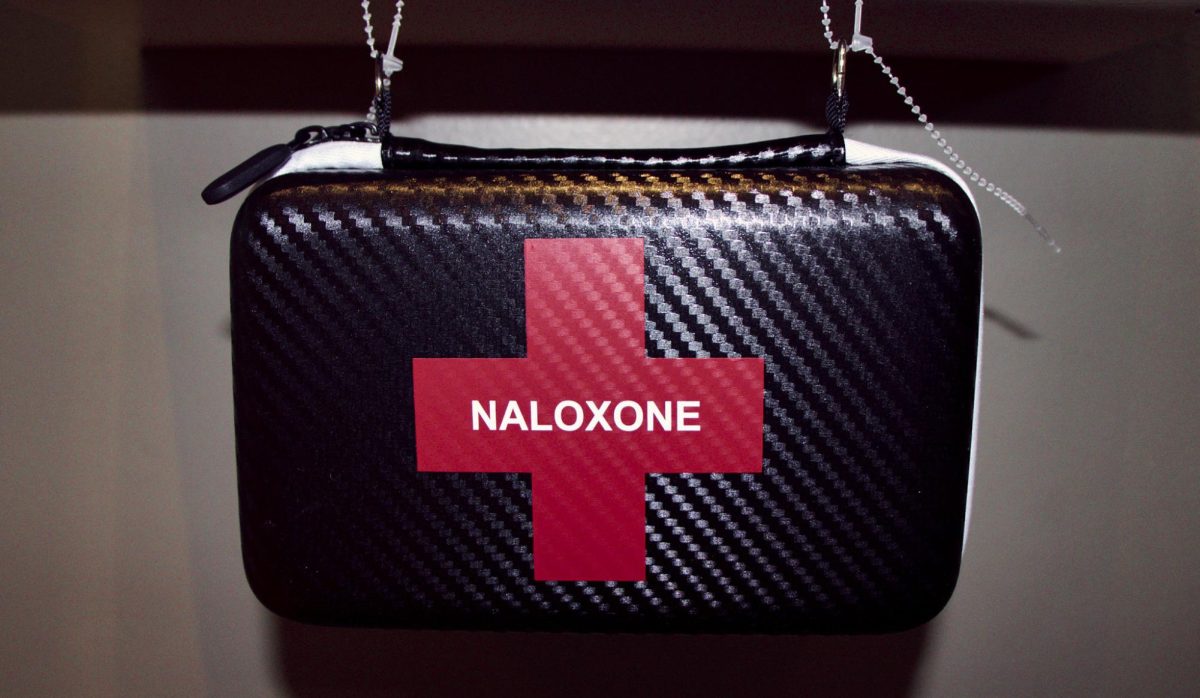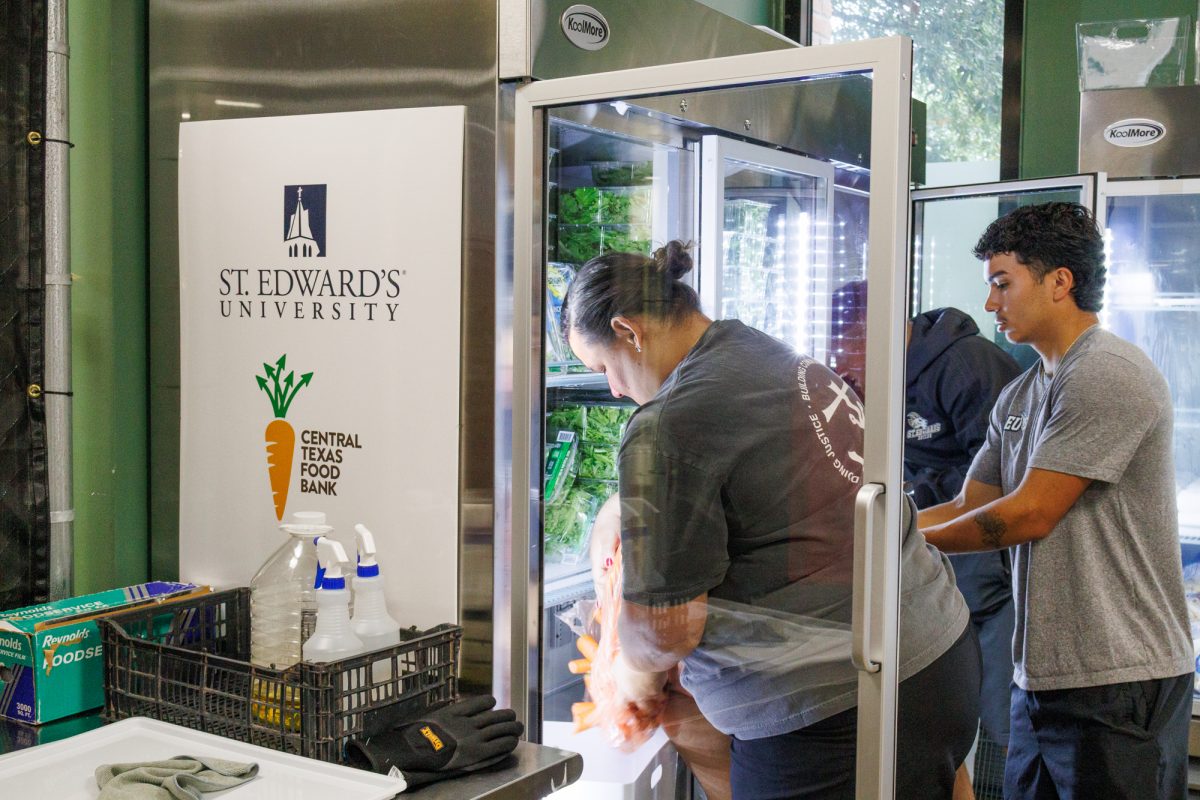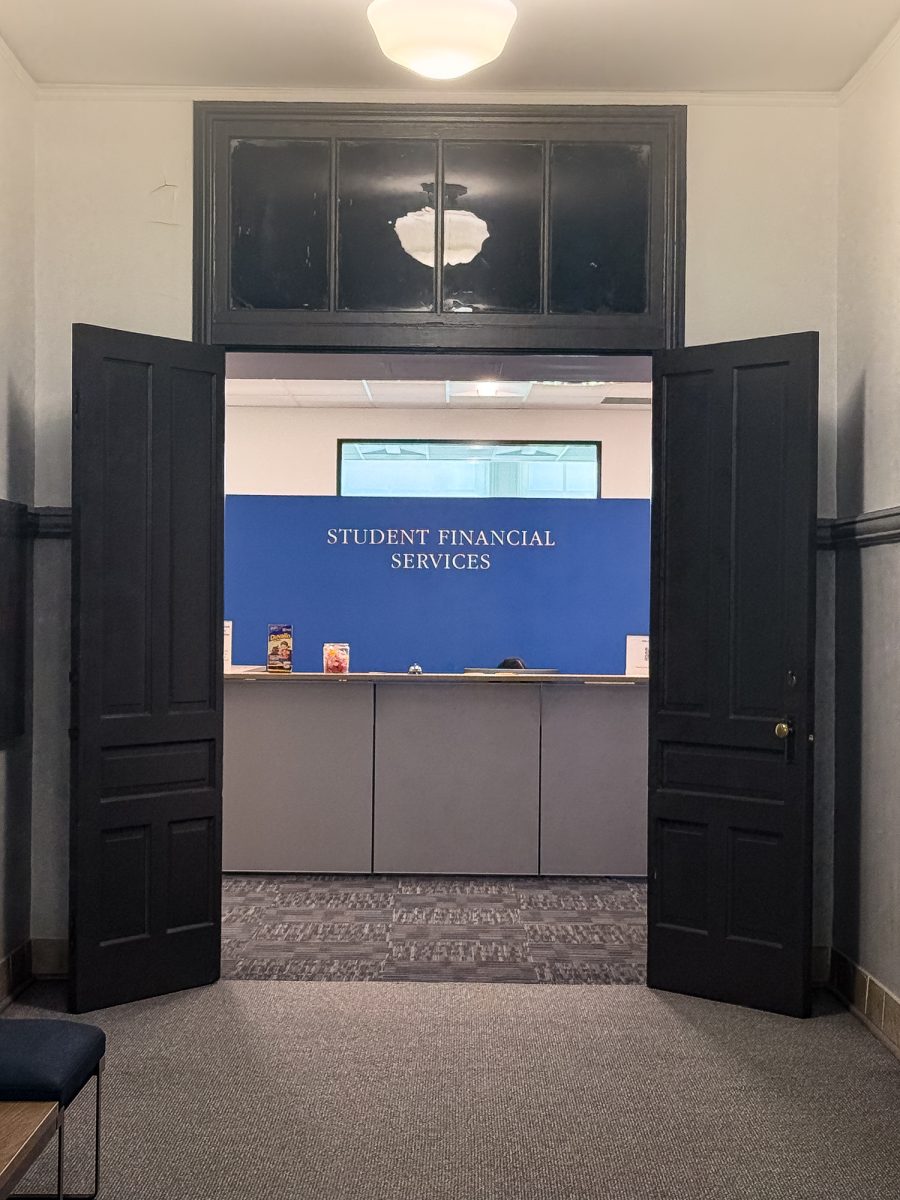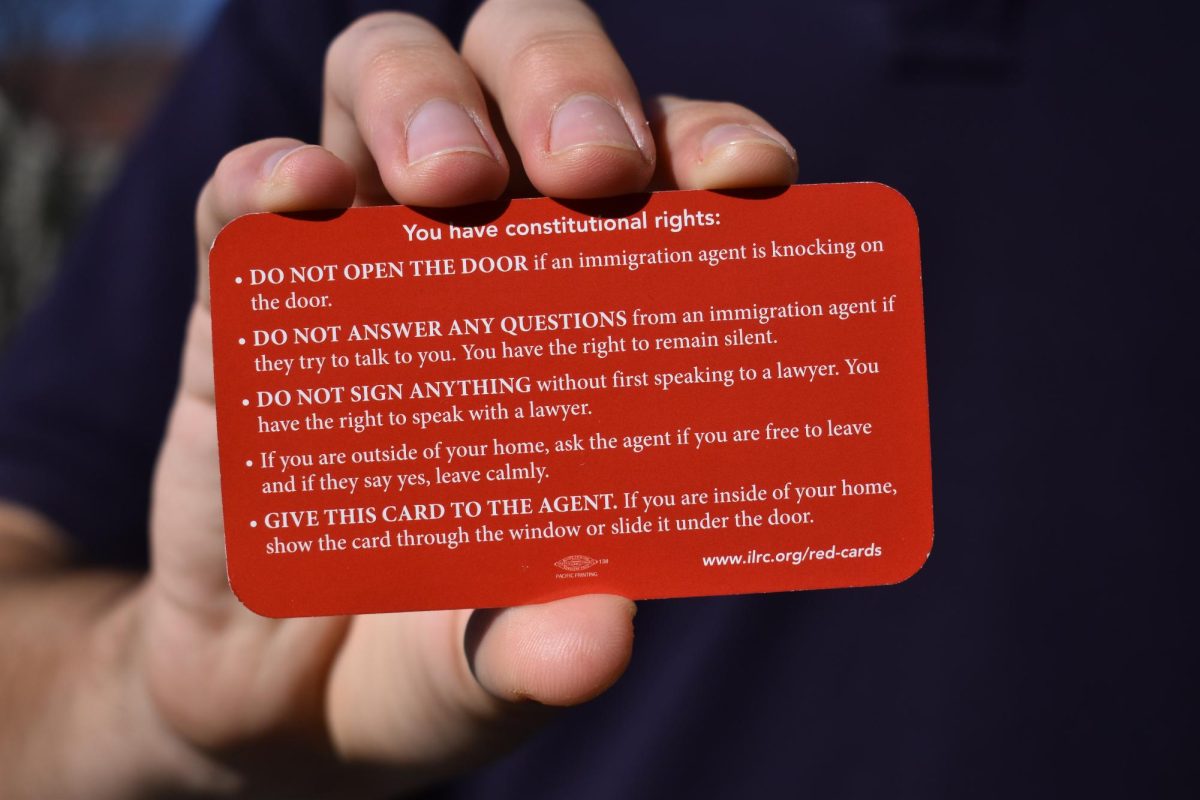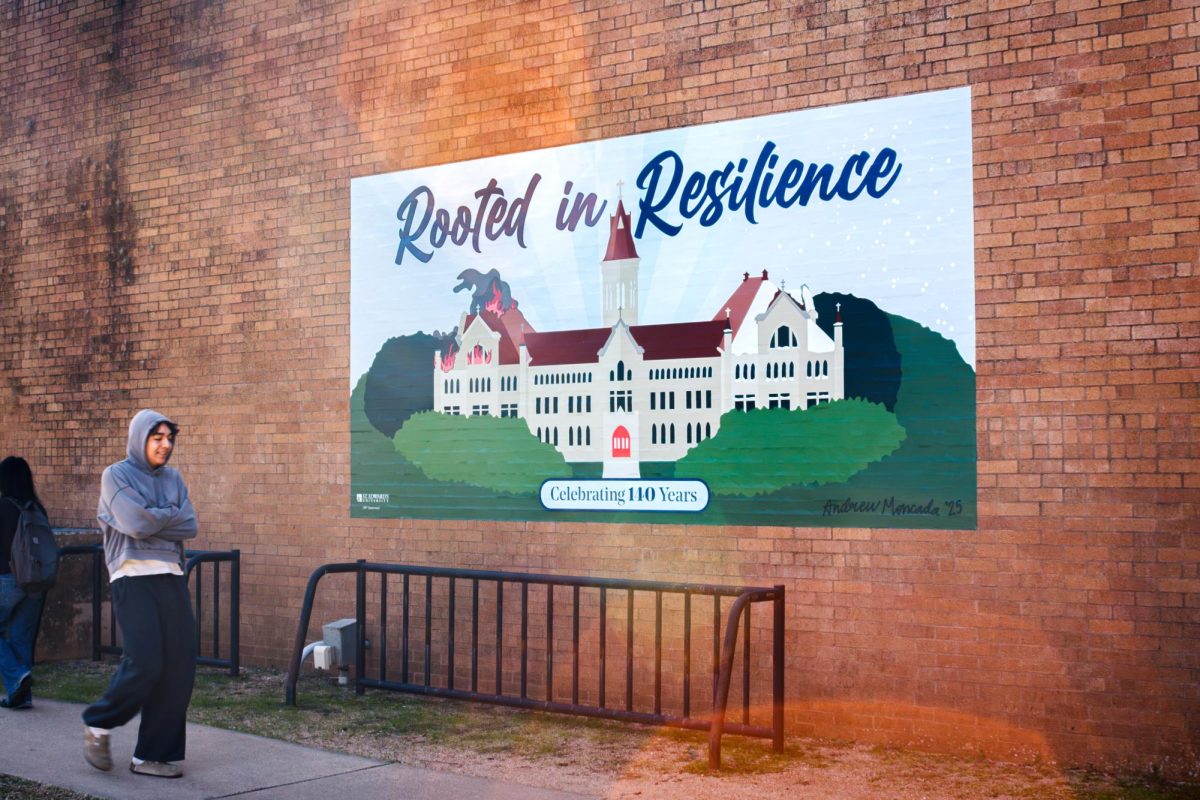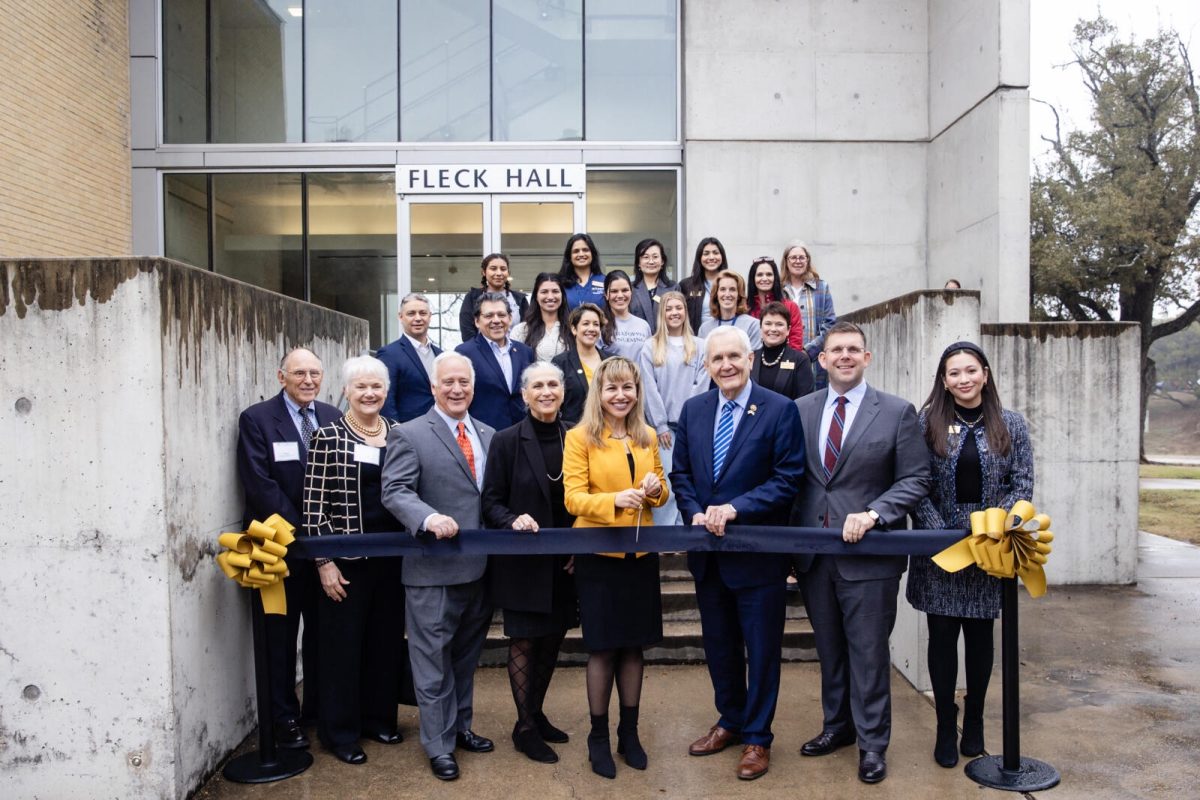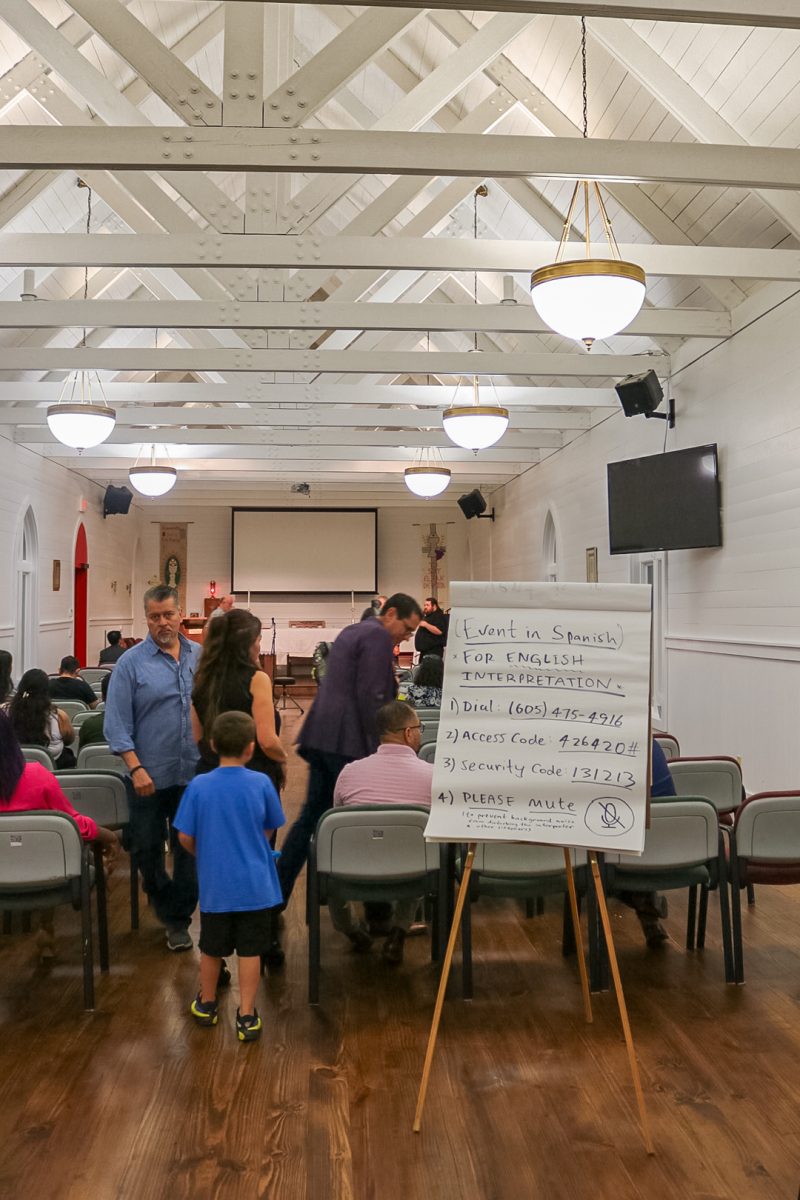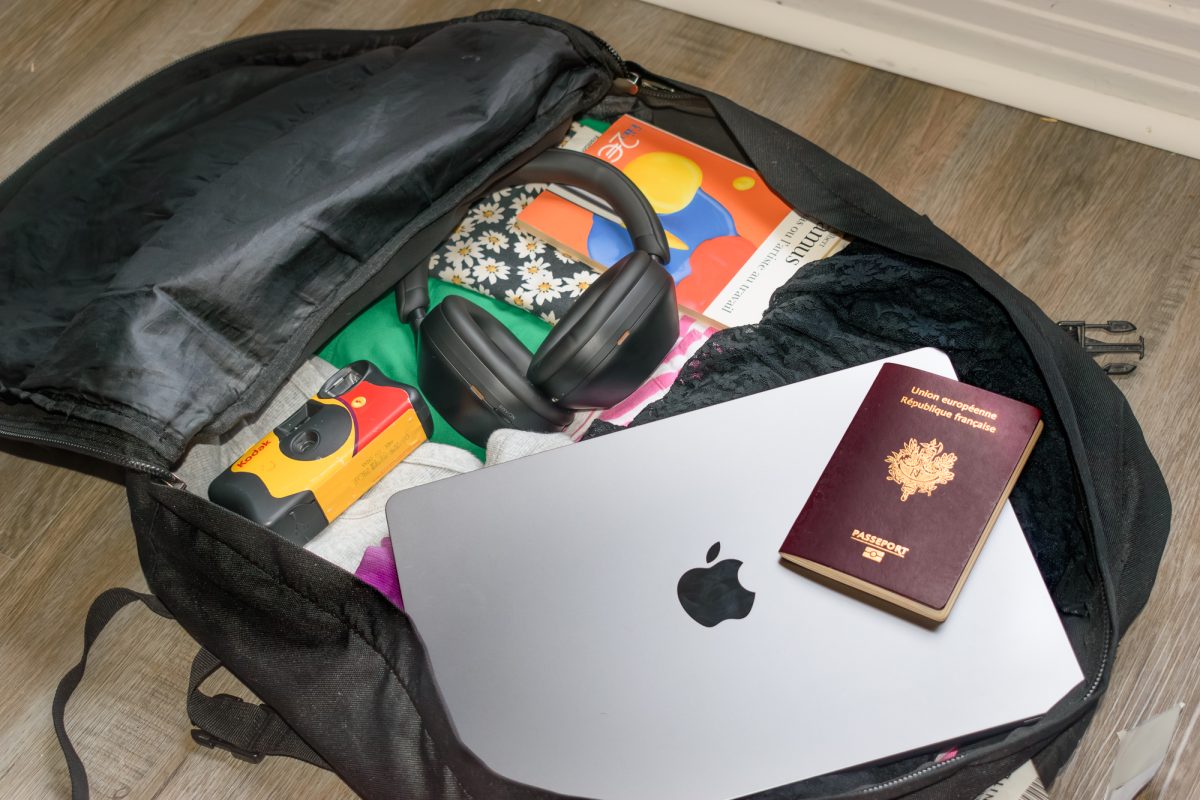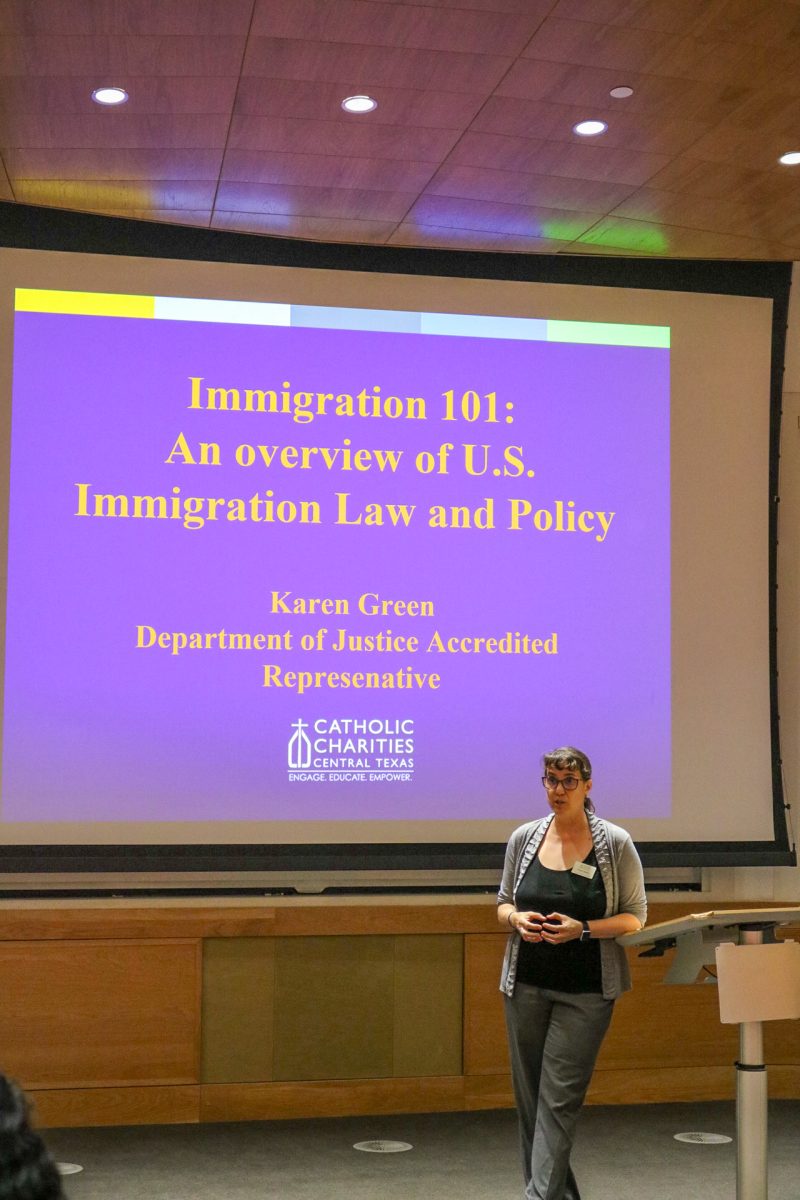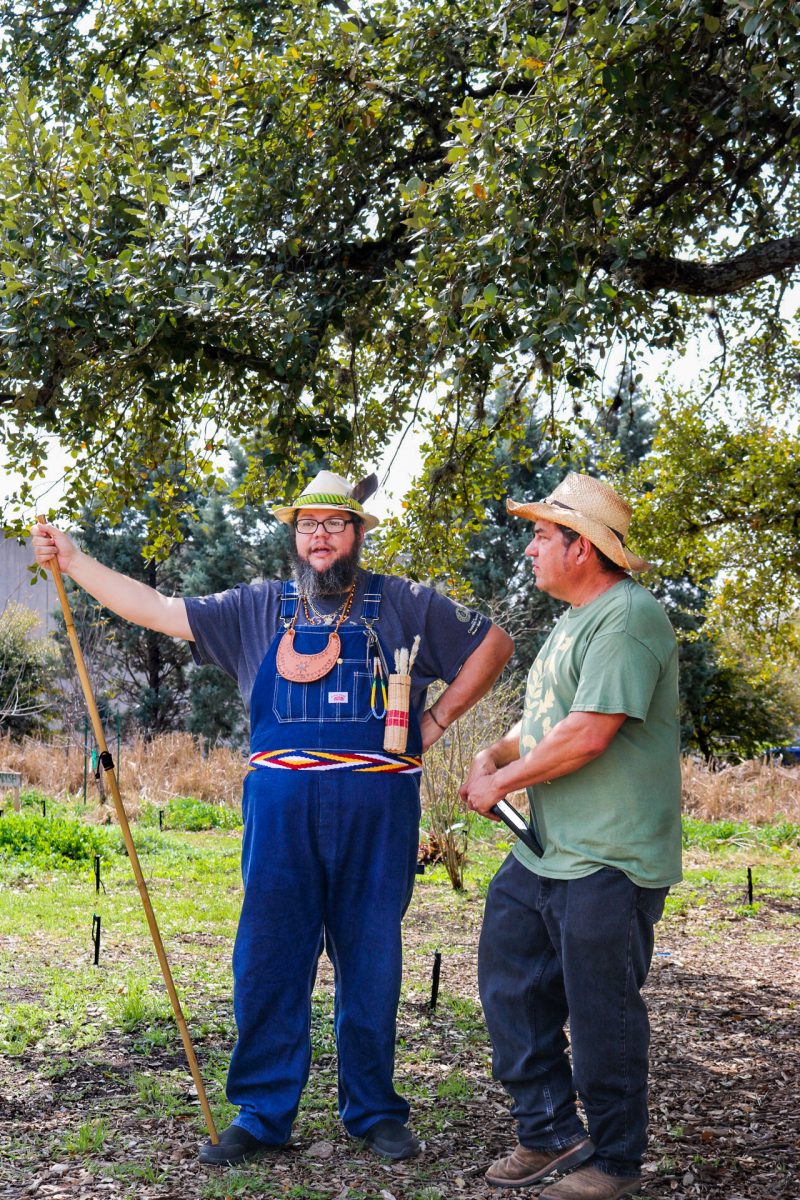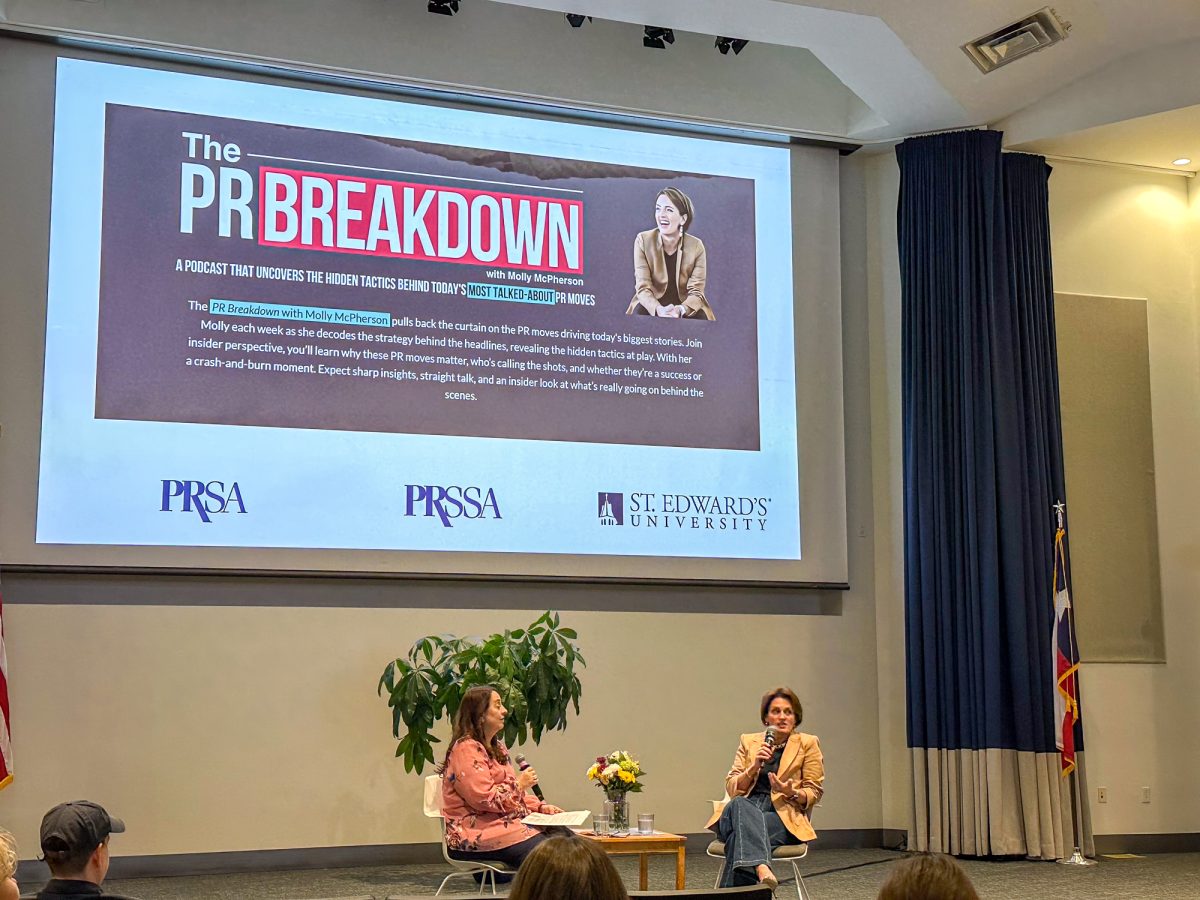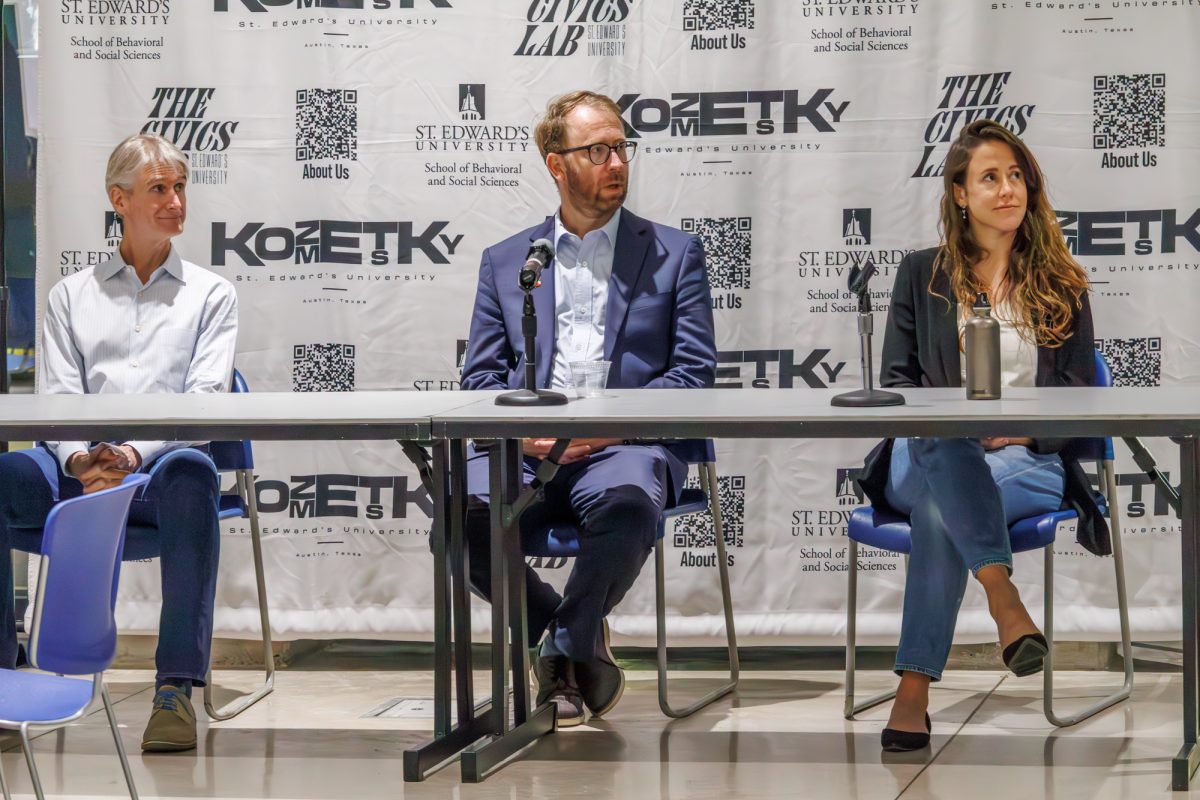The Office of Campus Security has installed overdose kits in residence halls and buildings on campus. The kits include doses of Narcan nasal spray, a lifesaving drug for someone experiencing an opioid overdose. Overdose kits can be found attached to automated external defibrillator (AED) machines around campus.
In response to the ongoing opioid epidemic and student concerns, the University Police Department (UPD) has decided to make the drug more readily available to the St. Edward’s community.
“With the current national Fentanyl situation, the need is exponentially more likely than before, as there are many types of products being laced with it, even vape pens,” campus police Chief Homer Huerta said. “Our community is not immune.”
Narcan is a fast-acting medication that contains naloxone, a drug that temporarily reverses and blocks the effects of opioids during an overdose. Commonly found opioids in the U.S. include heroin, fentanyl, morphine and oxycodone. Fentanyl lacing has become a major danger in recent years because of its potency. Fentanyl is around 100 times more potent than morphine, and around 2 milligrams is considered a lethal amount.
This year, UPD received enough doses of Narcan to be able to effectively distribute them across campus. Each kit contains four doses of Narcan along with gloves and instructions. Narcan was previously accessible on campus by contacting UPD directly.
“The easier the access to it, the more likely the administering of it will be in time to be effective,” Huerta said.
In the summer of 2017, parents reached out to Chief Huerta asking about the availability of Narcan, prompting UPD to acquire a limited number of doses. UPD officers have since carried Narcan with them while on patrol. However, students from the Social Work Student Association (SWSA) recently voiced concerns that students might hesitate to call UPD to access Narcan for fear of getting themselves or someone else in trouble.
“We knew that if Narcan was accessible to students, it would allow for people to spring into action and save lives that may not have been saved if they instead had to wait for emergency services,” Madie Chronister, president of SWSA, said.
In the spring of 2022, SWSA hosted a Narcan education event on campus where they distributed 80 doses amongst attendees. Inspired by the turnout and campus interest, the association wanted to continue to push for greater Narcan accessibility. SWSA went on to develop a proposal on campus Narcan accessibility and presented it to Lisa Kirkpatrick, Vice President for Student Affairs.
“College is a time where students tend to experiment with different substances which may not always be safe,” Chronister said. “(Narcan’s) new accessibility on campus adds another layer of protection and safety. In the same way we have AED and fire extinguishers around campus, Narcan is just as important. “
While Narcan is not a cure to an opioid overdose, it can help keep victims stable until medical personnel arrive. During an overdose, the time between an overdose and getting professional medical treatment is critical to a victim’s survival.
The reaction from the student body on campus to this change has been a positive one so far. Dawson Kinnamon, a junior living on campus, believes the introduction of overdose kits is a sign the university is adapting and setting up precautions in case of an emergency.
“I think it’s a good decision,” Kinnamon said. “It’s definitely a good step forward. One thing that probably could be done is classes on how to stay prepared. That would be a good next step.”
Chronister also believes that Narcans new accessibility and placement are a good step forward, and emphasized that SWSA is still advocating for further accessibility.
“Not all students live within the residence halls and overdoses can happen anywhere,” Chronister said.
In addition to overdose kits, the Dean of Students’ team, the Health and Counseling Center and RecWell are working with Texans for Safe and Drug-Free Youth. The organization provides information and training to schools on drug prevention strategies. According to the Dean of Students, Steven Pinkenburg, the partnership is in the early stages, so details on the programs and training are not yet available.


